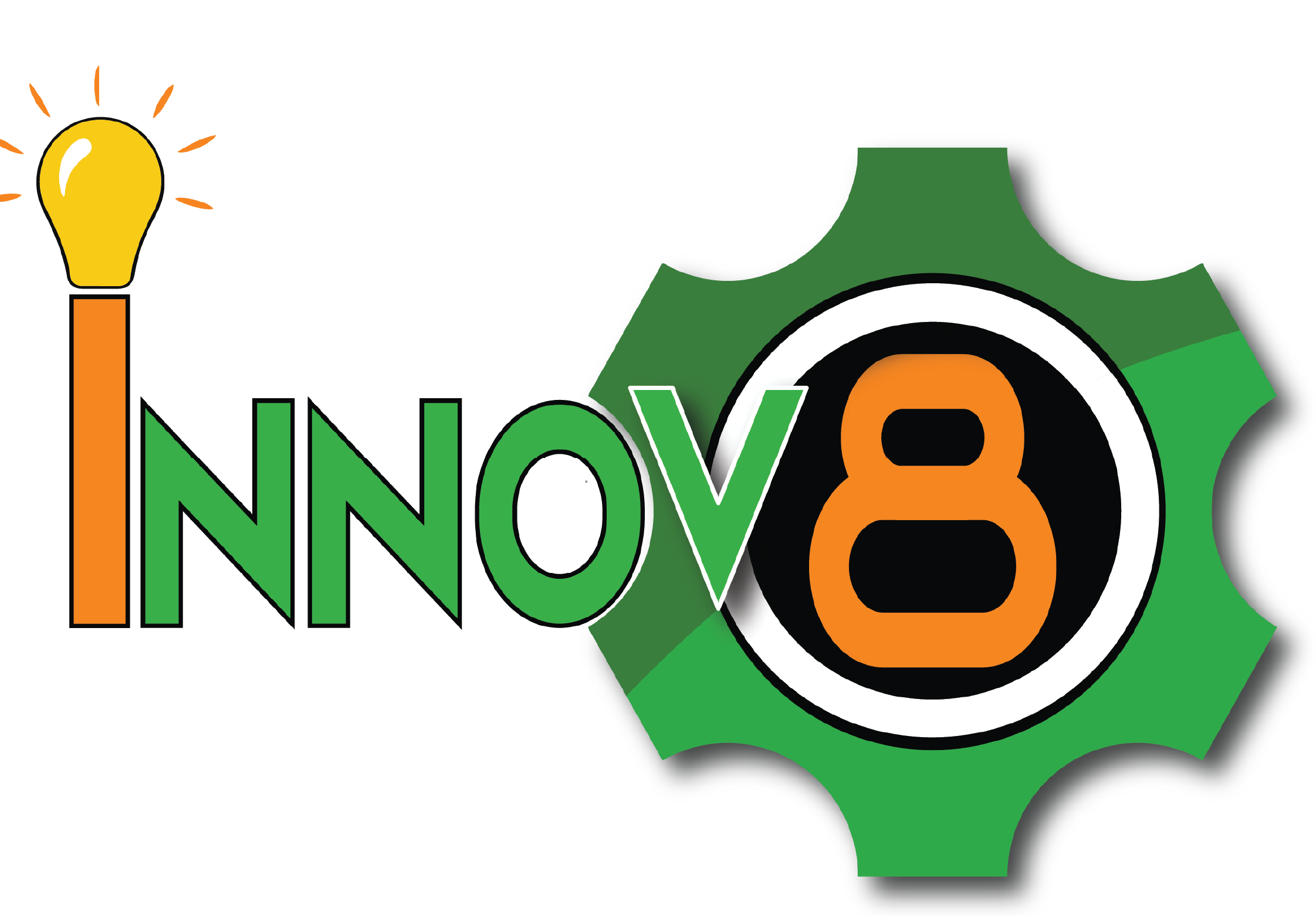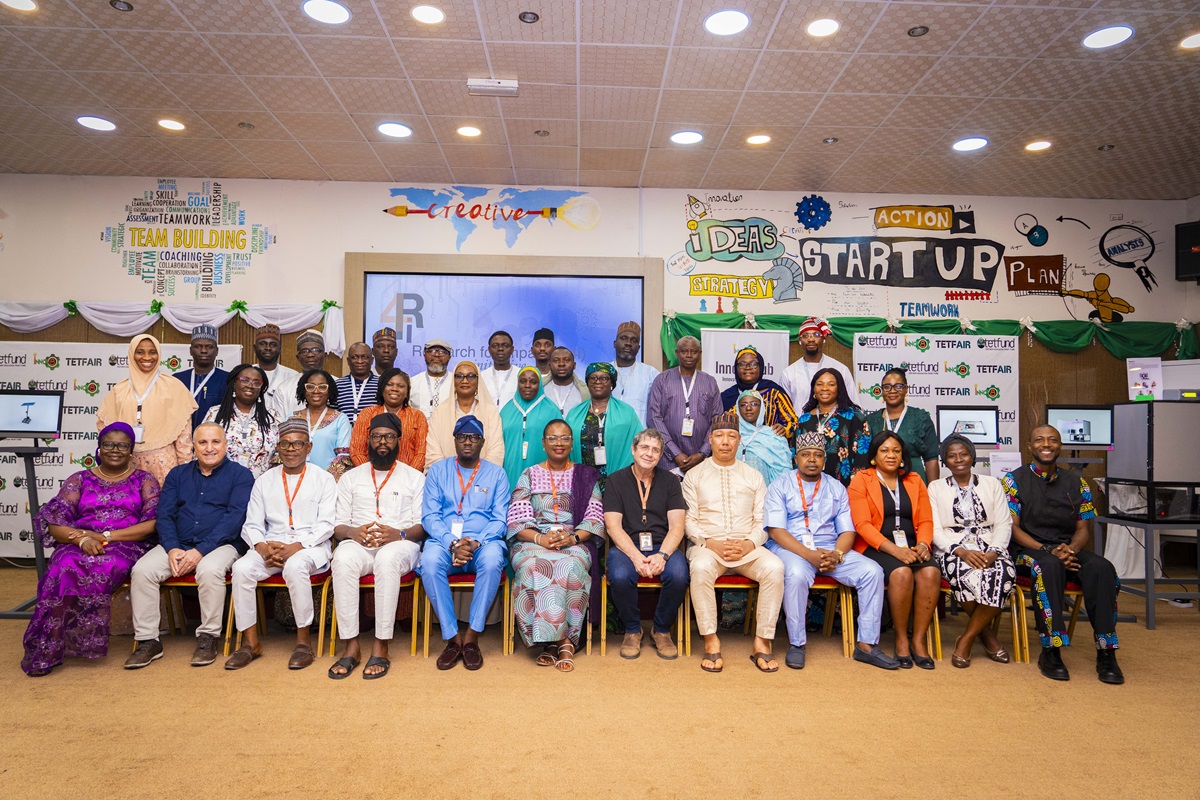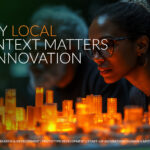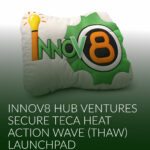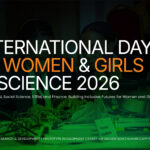Imagine a world where academic brilliance translates into impactful solutions for real-world problems. This transformative vision lies at the heart of the Research for Impact (R4i) initiative. R4i is a collaborative effort of TETFund and Innov8 Hub that empowers Nigerian academics to become agents of change.
Participants are equipped with the knowledge, skills, and resources needed to bridge the gap between innovative ideas and tangible solutions. The initiative’s 18th cohort recently concluded, showcasing a remarkable array of prototypes addressing critical societal challenges.





From Preserving Produce to Empowering the Elderly:
- Team 1 (Obafemi Awolowo University): Their innovation “TomaVeg Chiller” extends the shelf life of fruits and vegetables, minimizing food waste and ensuring households have access to fresh, nutritious produce – a significant step towards achieving SDG 2: Zero Hunger.
- Team 2 (Anambra State Polytechnic): “GO360” ensures a year-round supply of mangoes by stabilizing storage conditions, promoting SDG 12: Responsible Consumption and Production.
- Team 3 (Kaduna Polytechnic): Recognizing the growing needs of an aging population, their “CASD” cognitive Aided Simulation Device empowers the elderly with cognitive support, fostering independence and well-being, aligning with SDG 3: Good Health and Well-being.
- Team 4 (University of Ilorin): Champions of sustainability, their “FIBAP” offers an eco-friendly alternative with its biodegradable water bottle and nylon hybrid, contributing to SDG 13: Climate Action.
- Team 5 (University of Maiduguri): Committed to safeguarding crucial systems, their “F-Detector” promptly identifies and alerts users to faults, ensuring efficient operations and aligning with SDG 9: Industry, Innovation and Infrastructure.

Beyond the Prototypes:
The impact of R4i extends far beyond the impressive prototypes. Participants gain invaluable skills in research, development, pitching, and project management. This transforms them into confident innovators equipped to tackle future challenges. They leave not just with prototypes, but with the ability to think critically, collaborate effectively, and advocate for their ideas. These skills empower them to become changemakers in their world as they continue to research for impact.
